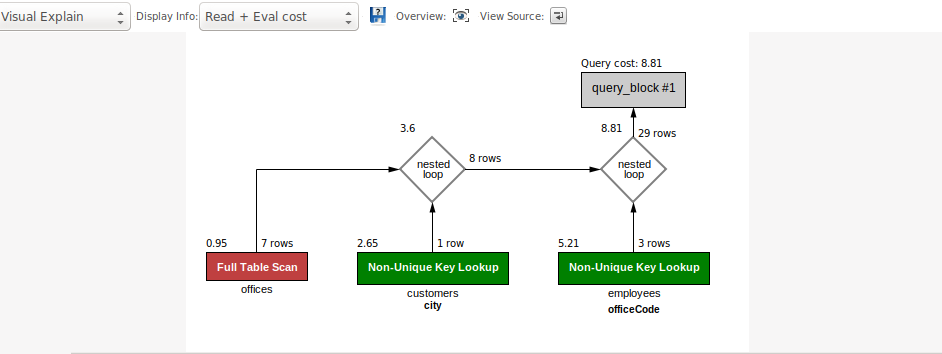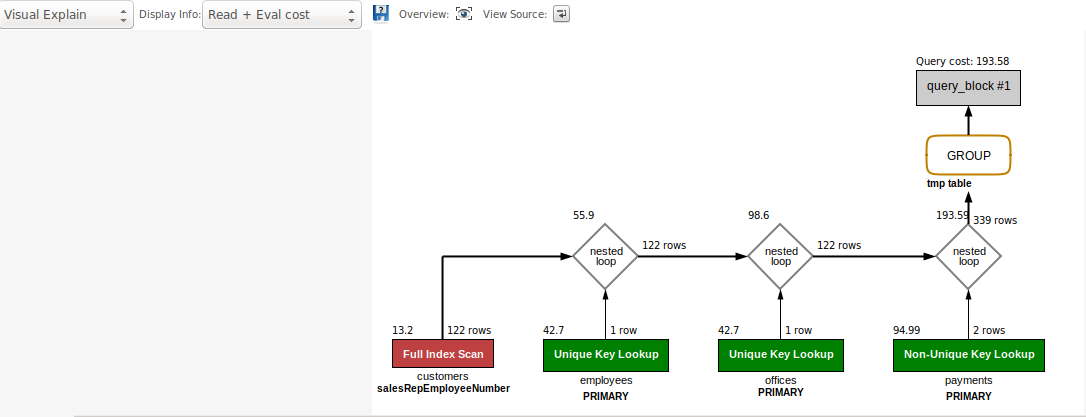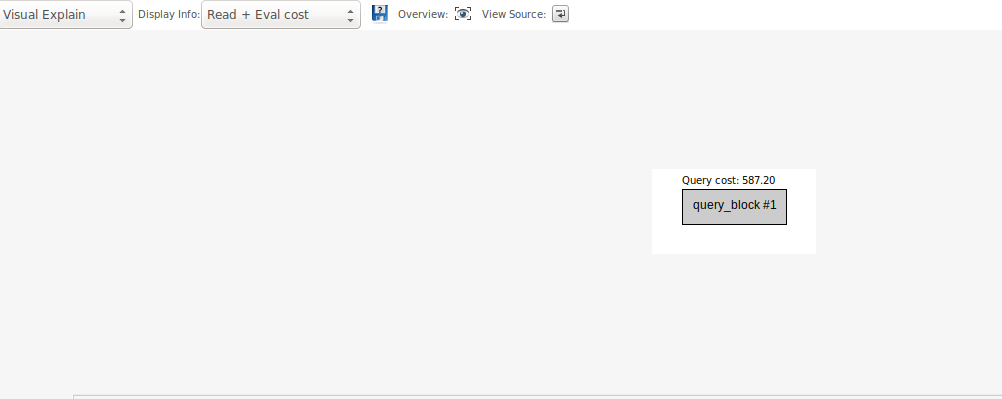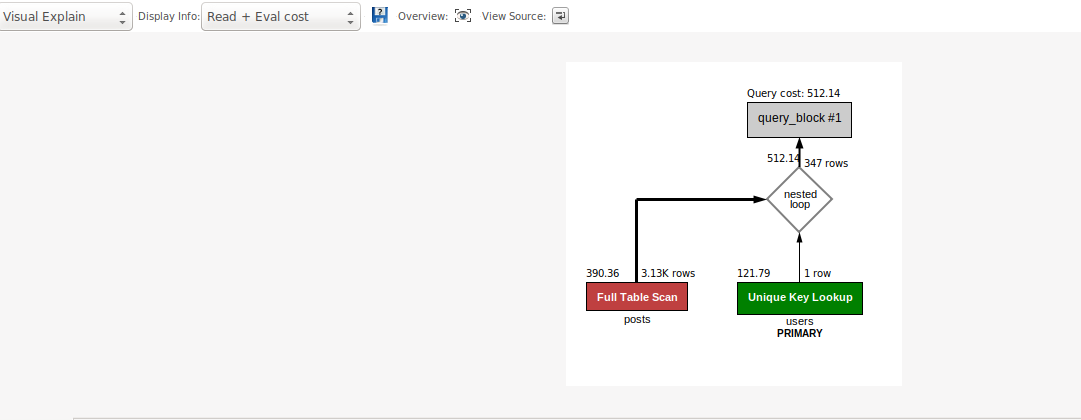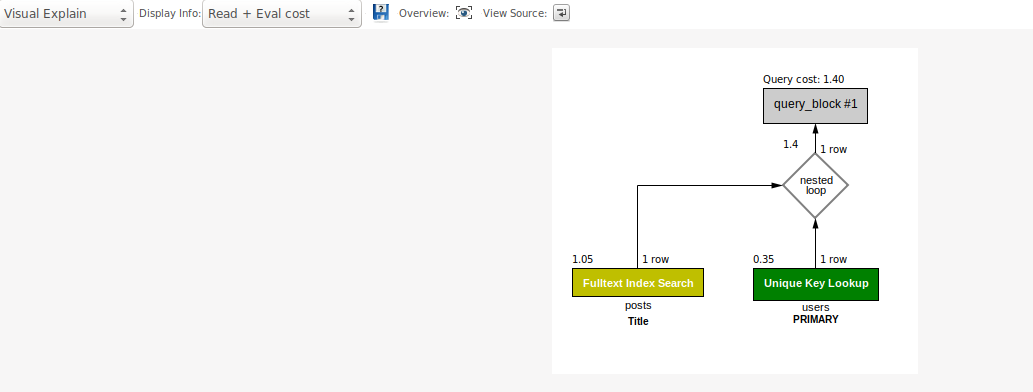assignment_6_databases
Exercise 1
select customers.customerNumber, employees.employeeNumber, offices.city
from customers, employees, offices
where offices.officeCode = employees.officeCode
and offices.city = customers.city
;
Exercise 2
ALTER TABLE `classicmodels`.`customers`
ADD INDEX `cityIndex` (`city` ASC);
Exercise 3
##grouping
select offices.city, sum(payments.amount), max(payments.amount)
from payments, customers, employees, offices
where payments.customerNumber = customers.customerNumber
and customers.salesRepEmployeeNumber = employees.employeeNumber
and employees.officeCode = offices.officeCode
group by employees.officeCode
;
##windowing
select offices.city,
sum(payments.amount) over (partition by offices.city) as saleAmount,
max(payments.amount) over (partition by offices.city) as maxSale
from payments, customers, employees, offices
where payments.customerNumber = customers.customerNumber
and customers.salesRepEmployeeNumber = employees.employeeNumber
and employees.officeCode = offices.officeCode
A group by normally reduces the number of rows returned by rolling them up and calculating averages or sums for each row. partition by does not affect the number of rows returned, but it changes how a window function's result is calculated.
Exercise 4
select posts.Title, users.DisplayName
from posts, users
where posts.OwnerUserId = users.Id
and posts.Title like("%grounds%")
;
There is no cost in joining because OwnerUserId is index
Exercise 5
select posts.Title, users.DisplayName
from posts, users
where posts.OwnerUserId = users.Id
and match(title) against ("grounds")
;
alter table posts
add fulltext(title)
;
